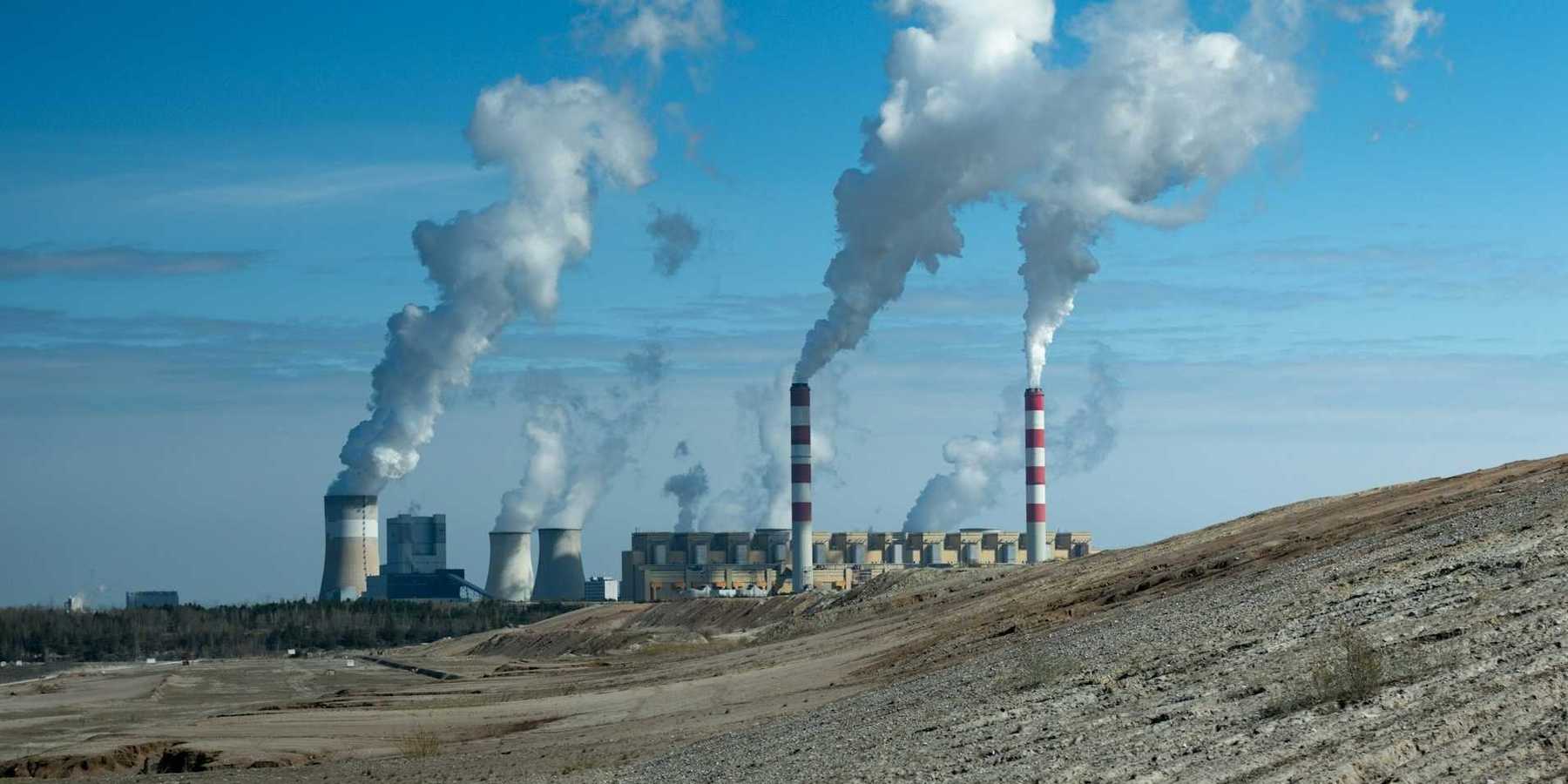Fossil fuel firms face potential homicide charges over climate deceit
As climate activists label climate change not as a tragedy but a crime, there's a growing call to prosecute fossil fuel companies for homicide, citing their deep knowledge of—and deceit about—the catastrophic impacts of their products on global warming.
Aaron Regunberg and David Arkush report for The New Republic.
In short:
- Fossil fuel giants have knowingly contributed to climate change while misleading the public and are now facing lawsuits and calls for criminal prosecution.
- Legal strategies are shifting towards treating their actions as criminal, with charges like fraud and homicide being considered due to their significant impact on global warming.
- Civil litigation remains crucial, but criminal law offers a unique avenue to enforce moral and societal norms, pushing for substantial corporate reform.
Why this matters:
The battle against fossil fuel companies transcends legal realms into moral and ethical grounds. It represents a pivotal moment in addressing climate change, aiming to correct systemic injustices and push for meaningful environmental policy changes. This approach not only seeks to mitigate future damage but also redefines corporate responsibility in the age of climate awareness.
Be sure to read Cami Ferrell’s newest article: Fossil fuel combustion and plastic production has increased more than 15 times since the 1950s and resulting exposure is linked to rising rates of cancer, neurodevelopmental issues and infertility.













